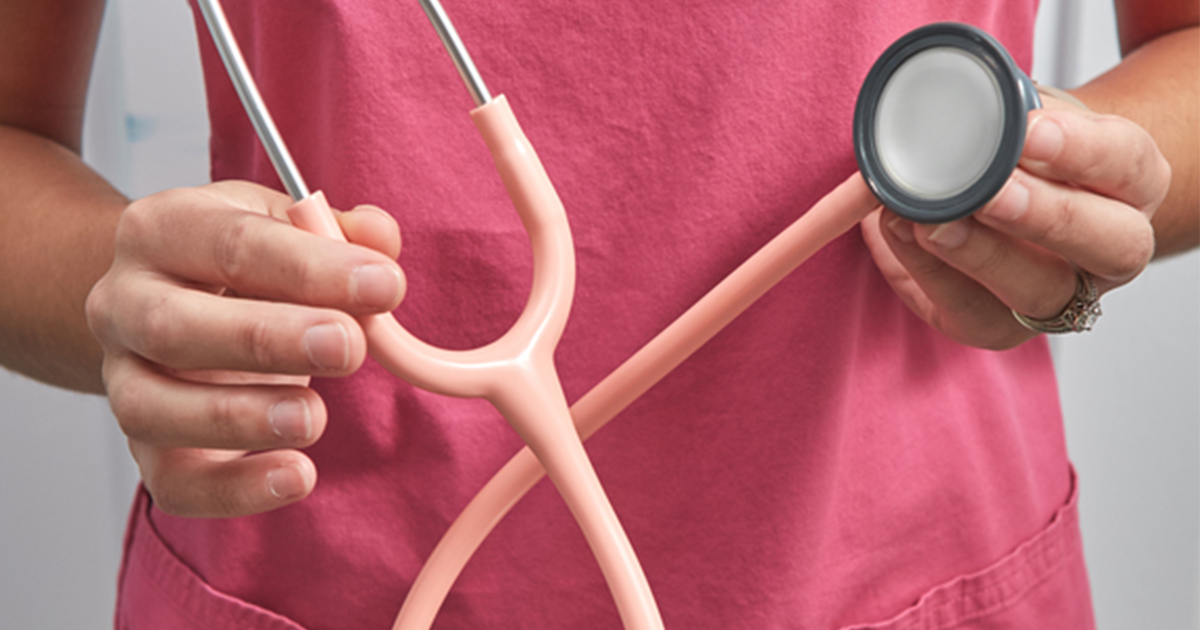The Answers To Your Burning Questions About Plan B

By:
Roughly one half of the pregnancies in the U.S. are unintended, but emergency contraceptives make it possible to stop a pregnancy before it actually happens.
Emergency contraceptives like "morning-after pills" can prevent pregnancy, if you've had unprotected sex or another form of birth control failed (for example, a condom broke). From 2006 to 2010, 5.8 million sexually active women from the ages of 15 to 44 reported using emergency contraception at least once, according to the National Survey of Family Growth. Nearly one in four women between the ages of 20 to 24 used it at some point.
However, not everyone understands how pills like Plan B, Next Choice, and My Way work, and that leads to pervasive myths about emergency birth control. We asked women if they had questions about morning-after pills and we got some answers.
Here are five burning questions about emergency contraceptive pills:
1. How many times can you take emergency contraceptive pills before it's harmful?
Dr. Aparna Sridhar, an assistant professor in obstetrics and gynecology at David Geffen School of Medicine at UCLA, told ATTN: via email that there is no evidence that taking emergency contraceptive pills will cause infertility in the future, or birth defects if you're already pregnant.
"Several scientific studies have proven that emergency contraceptive pills do not cause birth defects," she said. "Even if pregnancy occurs following the use of emergency contraceptive pills, the pills are usually taken long before the embryo’s organs are formed, so even more reassuring that it cannot cause birth defects."
However, she said that morning-after pills should only be taken once per menstrual cycle, and they have common side effects like nausea, vomiting, and changes in your period.
2. Are emergency contraceptive pills the same thing as abortion pills?
 Stocksy/Alicja Colon - stocksy.com
Stocksy/Alicja Colon - stocksy.com
No, they are definitely not the same thing. Morning-after pills can generally be purchased at pharmacies (although in some states they're harder to get) and they prevent pregnancy before it starts, according to Planned Parenthood. They do not affect an existing pregnancy. Abortion pills, also known as medication abortions, end a pregnancy by blocking hormones needed to maintain a pregnancy, and causing the uterus to contract and empty. They also have to be obtained from a health care provider.
3. Is it true that you can only take it the first three days after unprotected sex?
The instructions on most over-the-counter morning-after pills will tell you it must be taken within the the first 72 hours of sex. However, a fact sheet by the Office of Population Affairs in the U.S. Department of Health and Human Services says that research shows pills can be effective up to four days after sex. After that, they don't work. If taken in time, 7 out of 8 women who would have gotten pregnant will avoid pregnancy. Another type of morning-after pill Ella, can be taken up to 5 days after unprotected sex, but it requires a prescription.
4. Are morning-after pills less effective for overweight or obese women?
Officially, Plan B works the same for women of any weight. "There are currently no weight-related considerations on the Plan B One-Step (levonorgestrel) label," a Teva Pharmaceuticals spokesperson told Refinery 29 last year.
However, this has been a topic of debate. In 2011, a study in the journal Contraception found that obese women were significantly more likely to get pregnant after taking an emergency contraceptive — three times more likely.
The website for Norlevo, the European equivalent of the morning-after pill, says that it's possible weight could be a factor in the pill's effectiveness, but research is inconclusive.
"Norlevo is therefore still recommended for all women regardless of weight and BMI," reads the site. Sridhar said that copper IUD's and other forms of emergency contraceptive are better for heavier women.
"Emergency contraceptive pills may be less effective for obese women," she said. "Copper IUD is the most effective form of emergency contraception for obese women followed by Ulipristal. Plan B seems to be less effective compared to all three."
5. What are morning-after pills actually doing in your body?
When they're taken in time, the hormones in morning-after pills stop the release of an egg from the ovaries, and they work to stop sperm from fertilizing an egg if the egg has already been released.
How to actually get a morning-after pill.
Pharmacies can carry and sell Plan B, Take Action, Next Choice, and My Way to anyone, without the need for identification, according to The Office of Population Research at Princeton University. Emergency contraceptive pills range from $25 to $65, according to Planned Parenthood. If the cost is too much, a local health clinic may be able to provide the morning-after pill for free or at a low cost. If you live in community where access to pills is difficult, or your concerned about discretion, you can buy morning-after pills online. Afterpill can be purchased online and shipped to you in case of an emergency. However, the shipping time is usually five to seven days, too late to be effective if ordered after unprotected sex. Some major retailers like Target carry it online as well.
